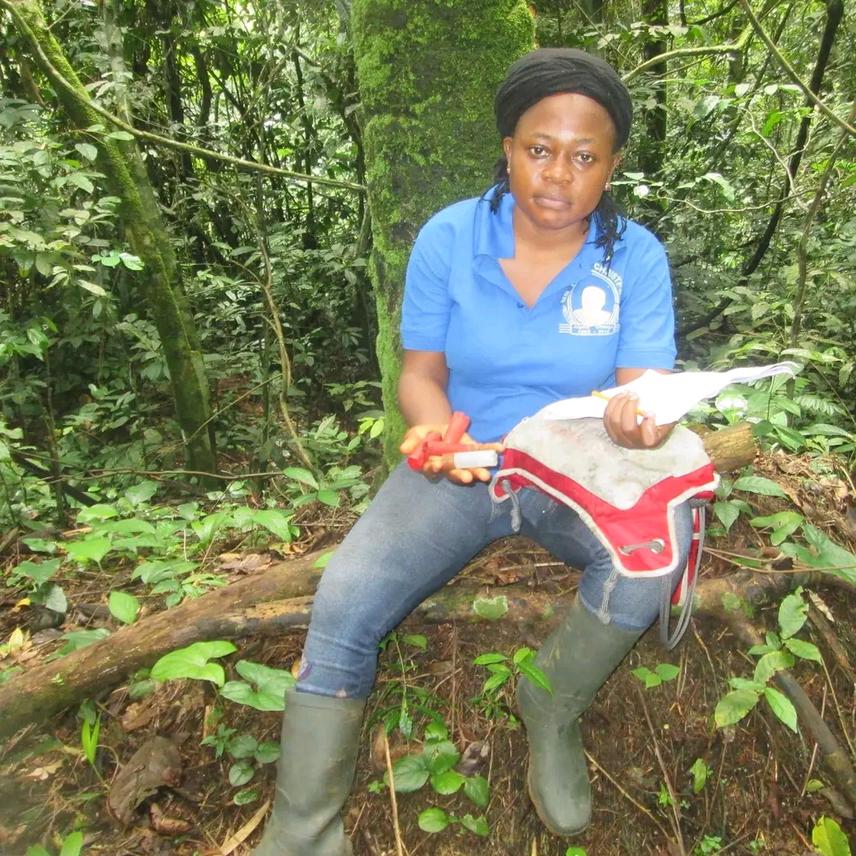Angwa Gwendoline
Other projects
9 Jul 2021
Strengthening Collaborative Management for the Conservation of Great Apes in the Deng Deng National Park, East Region Cameroon
The Deng-Deng National Park is located in the East Region of Cameroon, precisely in the Lom-et Djerem division. The park covers an area of about 523 km2 and lies between latitude 13° 23 to 13° 34 East and longitude 05° 5 to 05° 25 North, in the North-Eastern part of the lower Guinean forest. It is the smallest protected areas in the east region of Cameroon but the one with the highest priority for conservation due to it rich diversity and enormous threats. This project has as goal to improve community participation for the effective conservation of wildlife and will specifically; document traditional knowledge in managing human wildlife conflict through a community consultation and participatory problem analysis workshop with 5 local communities; revitalize and strengthen the functional effectiveness of 5 Village Forest Management Committees and lastly, increase the household income of 200 farmers and hunters through Bee farming.

Data recording. © James.
Revitalizing Village Forest Management Committees (VFMCs) will greatly improve on biodiversity monitoring, decrease the alarming rates of illegal hunting and the current unsustainable forest practices thereby reducing the management gap between park management and communities, fostering the establishment of local laws protecting wildlife and ensuring that the laws put in place by the Ministry of Forestry and Wildlife are respected. This intervention will also help to include communities in the forest’s management plan and trigger a sense of responsibility and ownership by the local forest users hence the population of endangered wildlife species will be restored.
Engaging Forest users and especially hunters in bee farming will reduce the time spent in hunting and bee farmers will automatically become custodians of their forest against bushfires that would obviously destroy their hives. This act directly protects the forest cover, which is home to the target species.
Sensitization and participatory problem analysis approach will help the communities themselves to evaluate the importance of species conservation and establish the links between wildlife and their culture and tradition. This way they will realize the population decrease of endangered wildlife and the effect species extinction will play on their customs and traditions. Understanding community perception and the local and traditional measures in managing human wildlife conflict will help us developed and effective mitigation measure for wildlife conflict in the area.
Header: Bio-Monitoring in Deng Deng National Park. © Molar.